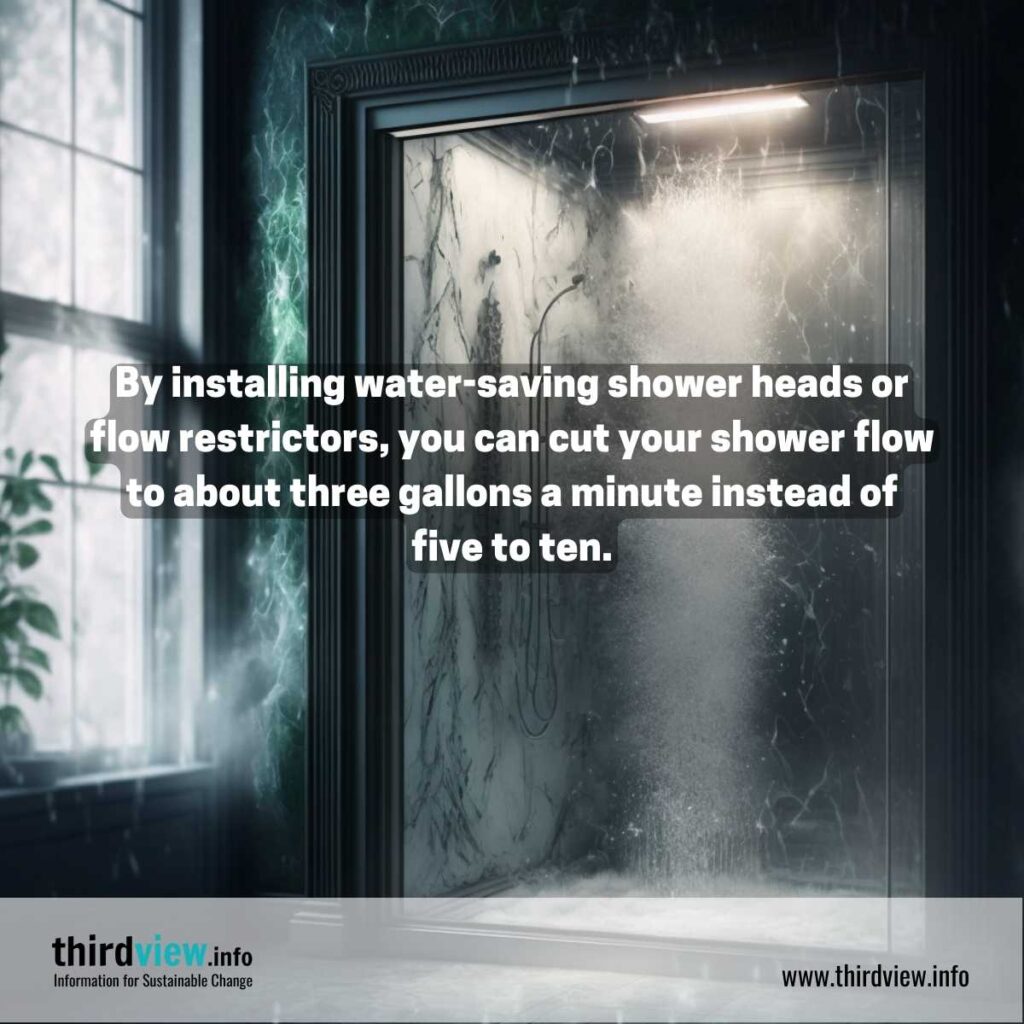Facts About Reclaim Waste Revealed
Facts About Reclaim Waste Revealed
Blog Article
4 Simple Techniques For Reclaim Waste
Table of ContentsThe 2-Minute Rule for Reclaim WasteThe Facts About Reclaim Waste RevealedThe Main Principles Of Reclaim Waste Not known Incorrect Statements About Reclaim Waste Reclaim Waste Things To Know Before You Buy
Residential sewage waste refers to the waste and products from a property septic tank. The proper management and disposal of residential sewage waste call for fluid waste to be moved to a sewage treatment plant where the appropriate approaches and tools are applied to cleanse and dispose of waste.
Industrial waste usually consists of potential threats, such as flammable materials or a mix of fluid and solid waste products, and requires a much more innovative and detailed disposal process. The disposal of industrial waste generally includes the purification of waste prior to transport to ensure risk-free and appropriate disposal. Hazardous waste is developed from results and runoff of industrial processes and production.
This kind of waste can not utilize the very same sewer monitoring transportation or processes as septic or industrial fluids. The hazardous waste management process calls for the evaluation and testing of liquid waste before it undergoes the disposal process (industrial wastewater treatment). Runoff waste is the liquid waste that comes from runoff and excess stormwater in highly booming locations or cities
Drainage waste can cause contamination and flooding if not handled properly. Discover more regarding drain cleansing and waste monitoring. Ensuring appropriate waste administration can protect against disasters and reduce environmental harm. Both individuals in residential settings and professionals in commercial or production industries can take advantage of understanding the processes and laws of fluid waste management.
The Definitive Guide for Reclaim Waste
Contact PROS Solutions today to discover our waste management and disposal solutions and the correct ways to look after the liquid waste you create.
(https://businesslistingplus.com/profile/reclaimwaste1/)Do you recognize what occurs to your water when you disengage, purge the toilet or drain pipes the washing equipment? No? Well, it deserves knowing. This supposed 'wastewater' is not just a vital resource yet, after treatment, will be released to our land, waterways or the sea. Used water from commodes, showers, baths, kitchen sinks, laundries and commercial processes is called wastewater.

water utilized to cool machinery or tidy plant and equipment). Stormwater, a type of wastewater, is overflow that flows from agricultural and city areas such as roofing systems, parks, yards, roads, paths and seamless gutters into stormwater drains pipes, after rain. Stormwater moves unattended directly to neighborhood creeks or rivers, ultimately reaching the sea.
What Does Reclaim Waste Mean?
In Queensland, the majority of wastewater is treated at sewer treatment plants. Wastewater is transported from residential or industrial sites through a system of sewage systems and pump terminals, understood as sewerage reticulation, to a sewage therapy plant.
The Division of Natural Resources encourages city governments about handling, operating and preserving sewerage systems and treatment plants. In unsewered areas, local federal governments might require owners to install private or home sewage therapy systems to deal with domestic wastewater from commodes, cooking areas, washrooms and washings. The Department of Natural Resources authorizes using home systems when they are proven to be reliable.
In some new neighborhoods, therapy of some stormwater to eliminate litter, sand and crushed rock has started making use of gross contaminant catches. Wastewater treatment takes place in four stages: Removes strong issue.
Utilizes tiny living organisms knows as micro-organisms to damage down and remove staying dissolved wastes and fine bits. Micro-organisms and wastes are integrated in the sludge.
Little Known Questions About Reclaim Waste.
Nutrient removal is not readily available at all sewer therapy plants since it requires expensive specialised equipment. Clear fluid effluent produced after treatment may still include disease-causing micro-organisms - liquid waste disposal.

This typically means wastewater has to be treated or impurities gotten rid of prior to it can be discharged to rivers. Many wastewater flows right into the sewerage system. Under the Act, neighborhood federal governments provide approvals and permits for visit this page ecologically relevant tasks (ERAs) entailing wastewater releases that could have a local effect. The department carries out authorizations and licences to ERAs including wastewater releases that may have a regional or statewide impact.
How Reclaim Waste can Save You Time, Stress, and Money.
Otherwise, samples are considered laboratory analysis. Usually many examinations are required to develop the levels of each of the different contaminants such as oils, heavy metals and chemicals in water. Surveillance gives valid information about water high quality and can verify that licence conditions are being satisfied. The info acquired with surveillance gives the basis for making water quality decisions.
Report this page